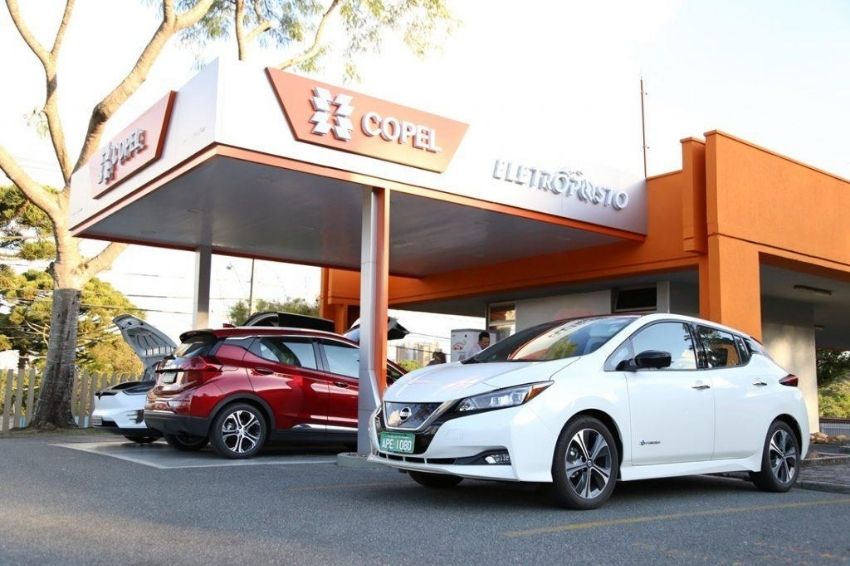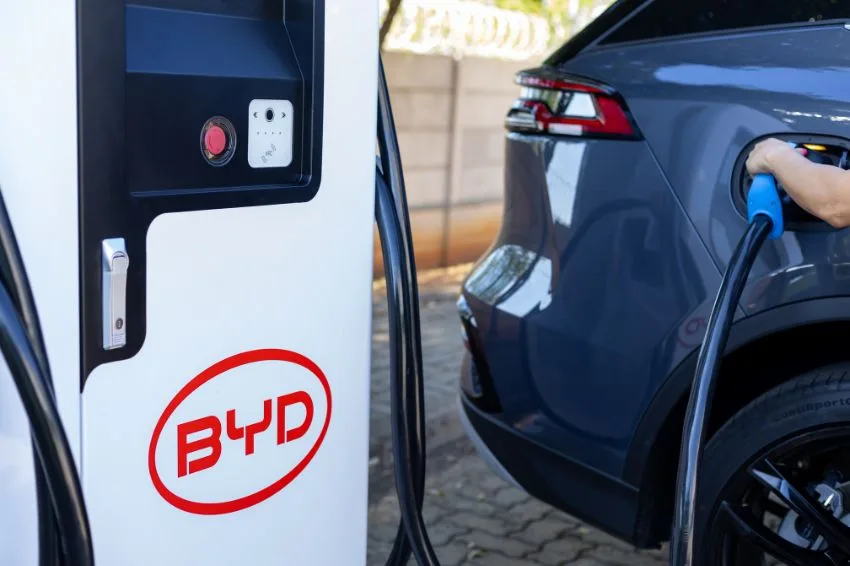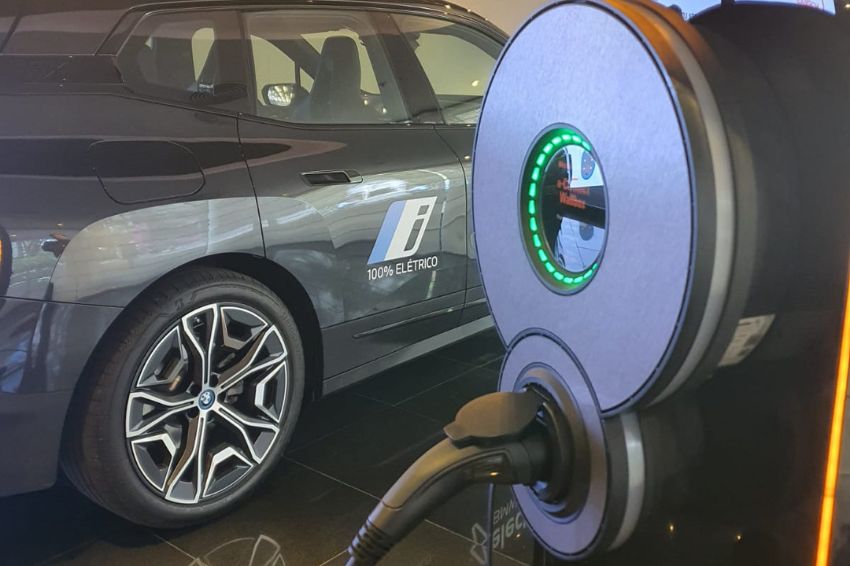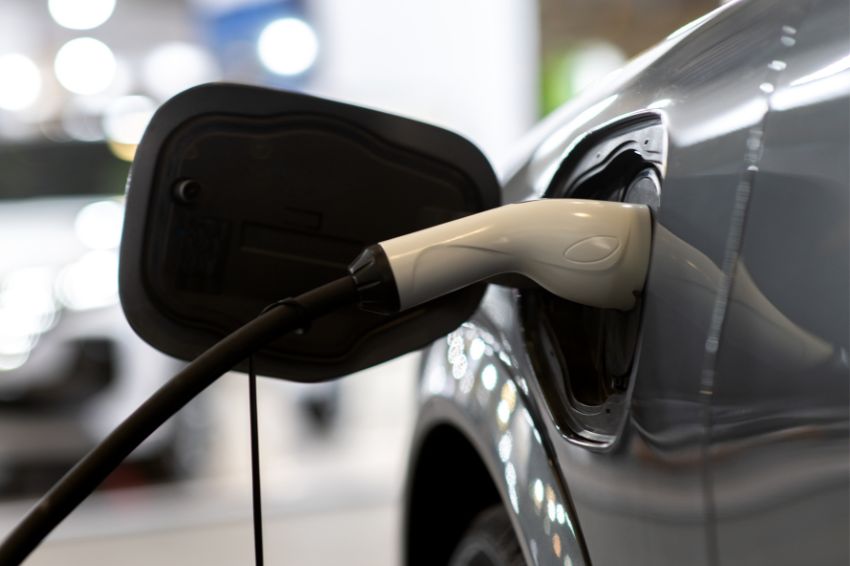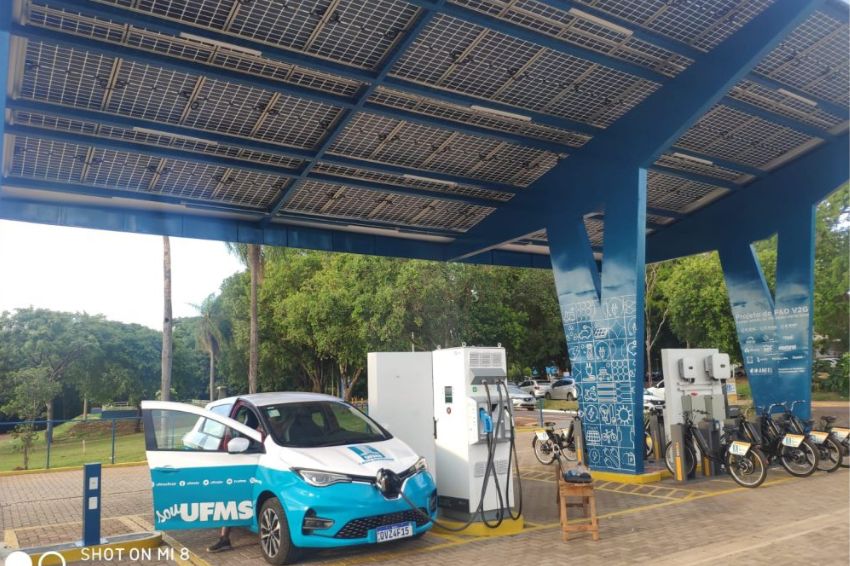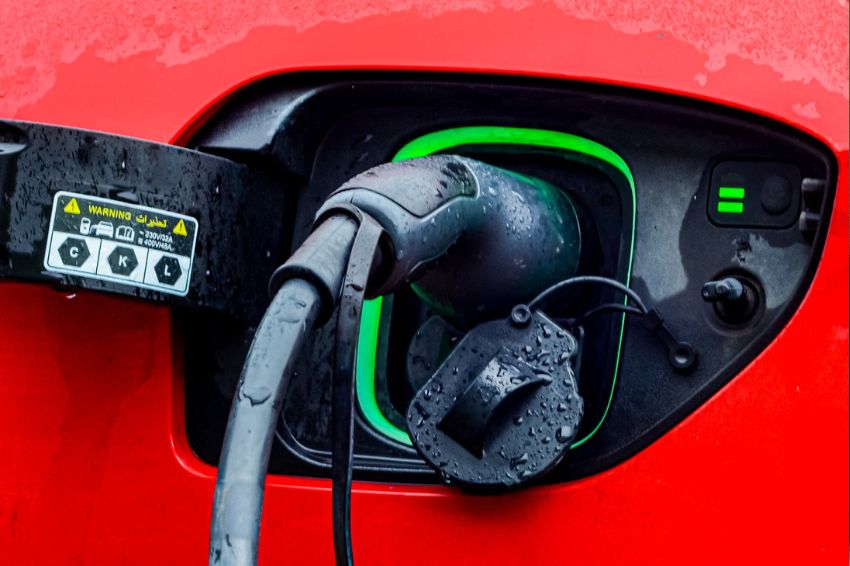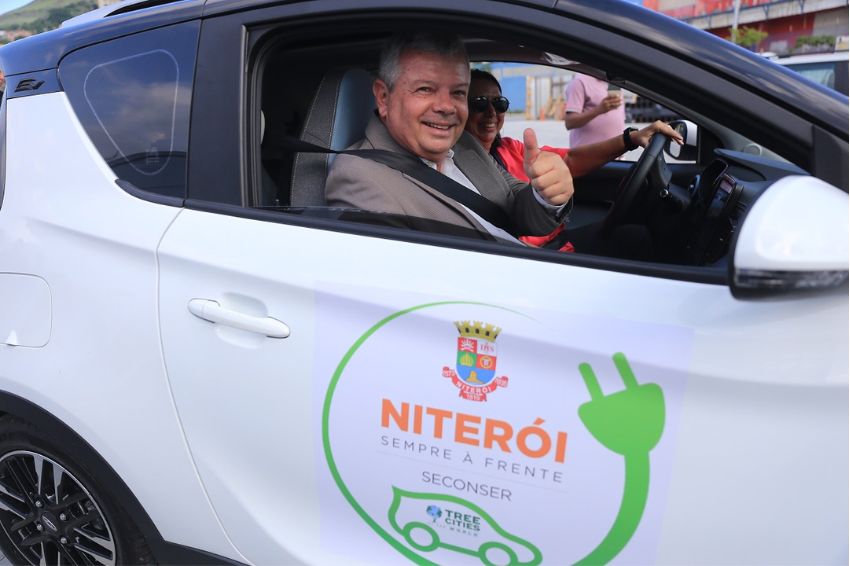The number of supplies carried out at Copel (Companhia Paranaense de Energia) charging stations increased significantly in 2020. According to the company's survey, in the first year of operation, in 2019, the charging stations totaled 330 recharges. Last year there were 600 recharges, that is, an increase of approximately 80%. Most of them are concentrated at the Curitiba station, located at the Copel hub on BR-277, in Mossunguê, with 230 supplies in 2019 and 370 in 2020. Regarding consumption, the increase was more than six times compared to the first year. In 2019, Copel recorded a consumption of 2,914 kWh of energy, while in 2020 this number was 19 thousand kWh. “This is due to the fact that the total energy delivered individually has grown, due to the presence of purely electric vehicles with greater battery capacity”, analyzed Copel electrical engineer Zeno Nadal, responsible for the electroway project. Also according to the company, the average recharge is in the range of 20 kWh, which gives the vehicle a range of 200 km, at an estimated cost of R$ 17. Copel also highlighted that the factor that boosted the use of charging stations is the availability of quick recharging (it takes half to an hour to charge 80% from the vehicle's battery). “Cars with large capacity batteries saw a significant increase in the market throughout 2020. Using a home charger, recharging these cars could last from 12 hours to 24 hours,” commented Nadal. Currently, the state of Paraná has 512 EVs (electric vehicles), according to Detran-PR. In 2019, this number was 362, which shows an increase of 70% in the fleet, following the national average increase.
Future
Electric mobility continues to grow in Brazil. EV sales hit a record in 2020. According to ABVE (Brazilian Electric Vehicle Association), there was an increase of 66.5% in registrations compared to 2019. The number jumped from 11,858 units in 2019 to 19,745 last year. In December 2020 alone, 1,949 vehicles were sold. Given this scenario, Copel said it is preparing for the future. “The biggest concern is the impact that the massive insertion of electric vehicles could have on the distribution networks, as well as the extra need for energy. Research indicates that most refills of EVs is carried out in homes, during the night,” he stated. Julio Omori, superintendent of Smart Grid and Special Projects at Copel. “This also happens with fleets of urban buses and trucks (recharging in garages). These recharges, under certain conditions, could cause an overload on feeders in periods that are normally low in demand”, he commented. In 2018, the company held an R&D (research and development) call dedicated to the subject, call 22/18 from ANEEL (National Electric Energy Agency). “Since then, we have had research projects to develop management systems for recharges and propose new tariff modalities, which, together, will contribute to the normalization of consumption throughout the night, optimizing the intelligent use of energy”, he highlighted. the superintendent. In addition to this R&D, the call resulted in others, which study issues related to energy storage in batteries that allow sharing between homes and electric vehicles, pricing studies, implementation of the “station of the future”, for the multiplication of charging stations, and the production/consumption management on the demand side.
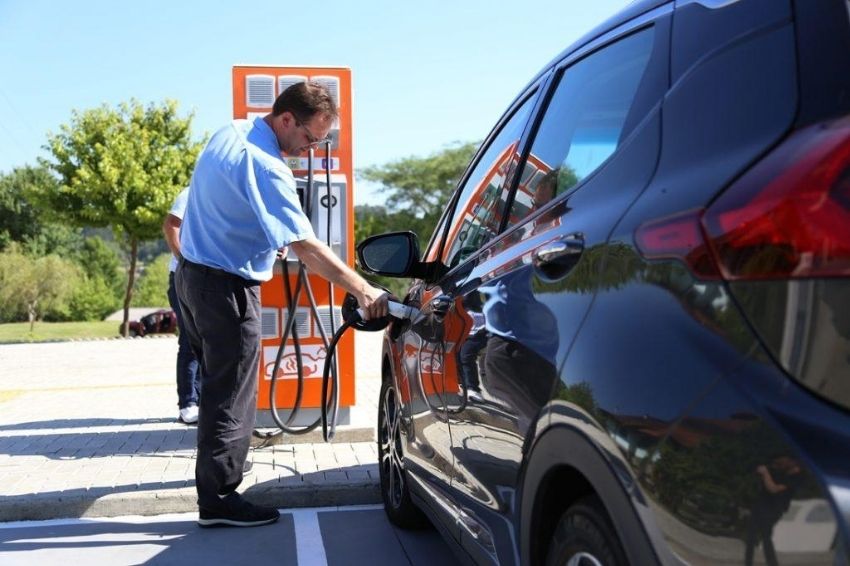
Electric vs traditional vehicles
Another point highlighted by Omori is that the difference in the value of the electric vehicle is decreasing in relation to the traditional one. “The number of cars sold has increased a lot and the cost of batteries has decreased drastically. We are going to see an explosion in demand in the coming years.” With this, he commented that the integration of electroways between the Southern states and neighboring countries is already a very close reality. “We are studying the placement of an electric station between us and Celesc (Centrais Elétricas de Santa Catarina), in the region of Tijucas do Sul/Garuva. Thus, we will have a structure that will allow integration practically up to Rio Grande do Sul”. CEEE (State Electric Energy Company) of Rio Grande do Sul has also approved an R&D project and signed an execution contract to install electricity stations in the state, interconnecting BR-101 with Uruguay. “The network there is already very robust, and we are studying installations here through Itaipu to connect our electroway to Asunción, in Paraguay. There is very little left for practically all of Mercosur to be interconnected”, he concluded.
Copel Eletrovia
The Paraná electrovia was inaugurated at the end of 2018, with the installation of 12 charging stations along 730 kilometers of the BR-277 highway, connecting the extreme east to the extreme west of the state. The project is the result of a partnership between Copel and Itaipu Binacional. In total, R$ 5.5 million was invested, which promotes free top-ups for any user.
Consumers bet on EVs
Have you ever driven an electric or hybrid vehicle? Do you know what the advantages are compared to combustion engines? O Solar Channel interviewed people who use this clean technology and who adopt app services to rent EVs. Click here and check out what these consumers’ experience is like.
Volvo will install 250 charging stations in Brazil
Volvo announced that it will join Enel X and the Estapar parking network in Ecovaga project, what is a network for charging EVs (electric vehicles) and hybrids. “We are investing in the charger structure so that we can give confidence, break down barriers and make it increasingly easier for EV owners, not only from Volvo, but from any other brand,” said Rafael Ugo, marketing director Latam Hub for Volvo Car Brazil.
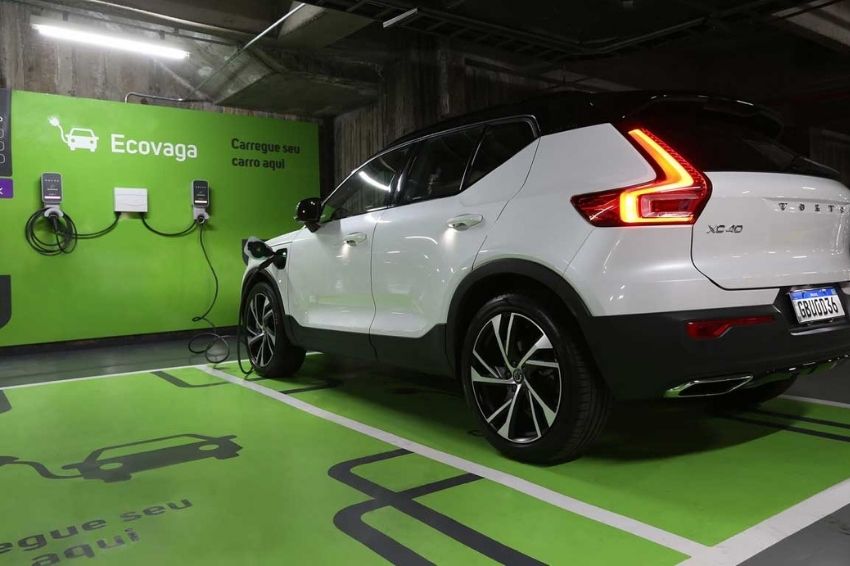
In total, the program will have 250 semi-rapid charging stations – 80% battery in three hours – in 100 points in 23 cities in the South, Southeast and Northeast regions and also in the Federal District. According to company projections, the equipment should be installed by March. The recharge service will be free for customers of companies partnering with the project. To benefit from the free service, the user must register on the application Estapar Smart Vacancy.


